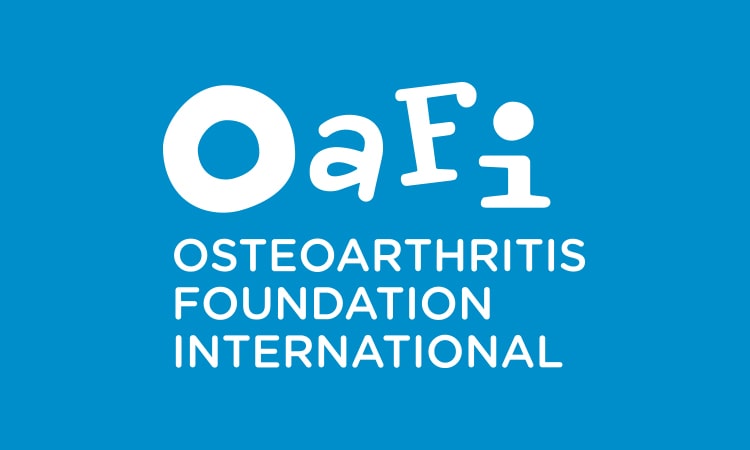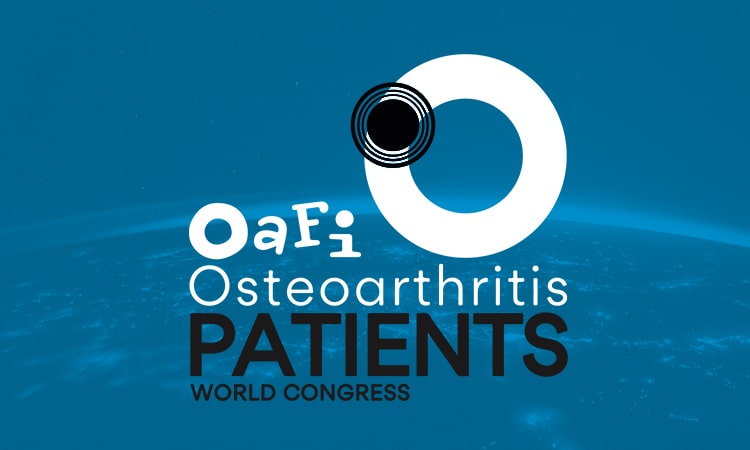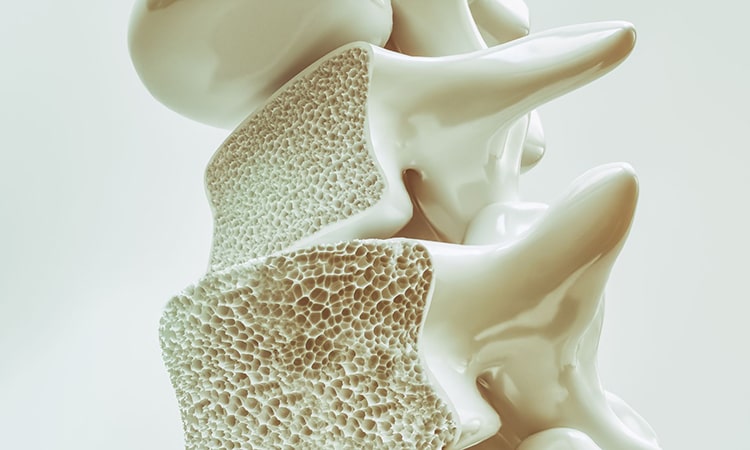- Foundation
- Actions
- Osteoarthritis
- Osteoporosis
- Actuality
- OAFI Radio/TV
- Get Involved
- Contact
-
-
-
OAFI
Osteoarthritis International FoundationC/ Tuset, 19 · 3º 2ª
08006 Barcelona
(+34) 931 594 015
info@oafifoundation.comSchedule:
Monday-Thursday 9AM-6PM
Friday 8AM-3PM
-
-
-

-

-

Rheumatic disease : More than 11 million adults suffer from some form of rheumatic disease.

- Rheumatic diseases affect 11 million Spaniards and are the leading cause of permanent disability’.
Published by Fátima del Reino Iniesta, on 13th May 2025 in ISanidad
More than 11 million adults suffer from some form of rheumatic disease, making it the leading cause of permanent disability due to illness, ahead of cardiovascular, respiratory or neurological diseases. This has been highlighted by the Spanish Society of Rheumatology (SER) at the opening of the 51st National Congress, which brings together more than 1,900 professionals in Madrid from 13 to 16 May.
These diseases, more than 200 types according to data from the Episer study, can affect any age group, even in childhood, and have a high prevalence in young women, especially those in stages of high personal, family and professional demands. ‘They are chronic, complex and often invisible diseases, but not exclusive to older people,’ stressed Dr. Marcos Paulino, president of the SER.
‘Rheumatic diseases are chronic, complex and often invisible diseases, but they are not exclusive to older people’.
The speciality of rheumatology
Despite its relevance, rheumatology is still under-represented in terms of human resources. Spain has 2.17 rheumatologists per 100,000 inhabitants, a ratio that should be adjusted to 1 per 30,000 to adequately meet the expected increase in demand, due to population ageing and the chronification of these diseases.
‘The SER is calling for an increase in the number of MIR places and a more equitable distribution of specialists by autonomous community,’ Dr Paulino stressed. Communities such as Castilla y León, Aragón, the Balearic Islands and Valencia have significant healthcare deficits, forcing patients to travel long distances or face significant delays in care.
Currently, 72% of rheumatology residents are women, which augurs a future aligned with the epidemiological profile of these diseases. In the last 10 years, rheumatology has been the fourth fastest-growing speciality in terms of the number of residents, with an 80% increase since 2016. Despite these advances, the SER has warned that until 2033 there will be a structural deficit of professionals due to uncompensated retirements. For this reason, it has insisted on the need to encourage vocation in the faculties and offer attractive conditions to young doctors.
In the last 10 years, rheumatology has been the fourth fastest growing specialty in terms of number of residents, with an 80% increase since 2016.
To address these inequalities, the SER will launch the ‘Health Routes’ project, in collaboration with the Spanish Society of Geriatrics and Gerontology (SEGG) and the Spanish Society of Family and Community Medicine (Semfyc), with the aim of identifying and covering areas with difficult access to rheumatology.
The congress, with more than 510 scientific communications, has established itself as the national reference forum in the speciality. The SER represents more than 2,100 professionals and actively collaborates with organisations such as the European League Against Rheumatism (Eular). In addition, for the first time, the University Expert Course in Rheumatology Nursing has been launched, in collaboration with the Rey Juan Carlos University, which recognises the key importance of nurses in the comprehensive care of rheumatic patients.

A feminised rheumatic disease with a gender focus
The data show that the majority of these pathologies have a clear female predominance. In diseases such as lupus or rheumatoid arthritis, the prevalence in women is higher. This reality has led to the creation of a Gender Observatory at SER, which ensures that the diagnostic and therapeutic approach takes into account these biological and social differences.
‘We are aware that women’s immune systems respond differently and that there are genetic, hormonal and environmental determinants that explain this increased vulnerability,’ explained Dr Paulino.
Smoking, obesity or certain viral infections influence the onset and worsening of rheumatic diseases.
Scientific advances: from the genome to personalised treatment
During the congress, important advances in genetics, biomarkers, diagnostic imaging and targeted therapies will be presented. It has been shown that intestinal dysbiosis, smoking, obesity or certain viral infections can act as triggers or aggravators of these pathologies.
‘We are entering fully into personalised medicine thanks to the ‘omic’ profile, which allows us to fine-tune therapies according to the characteristics of each patient,’ explained Dr. José Luis Andreu, president of the Local Organising Committee. The combined use of conventional immunosuppressants with new biological therapies was also highlighted, as well as the emerging role of artificial intelligence and machine learning to identify high-risk patients at an early stage.
Published by Fátima del Reino Iniesta, on 13th May 2025 in ISanidad



























